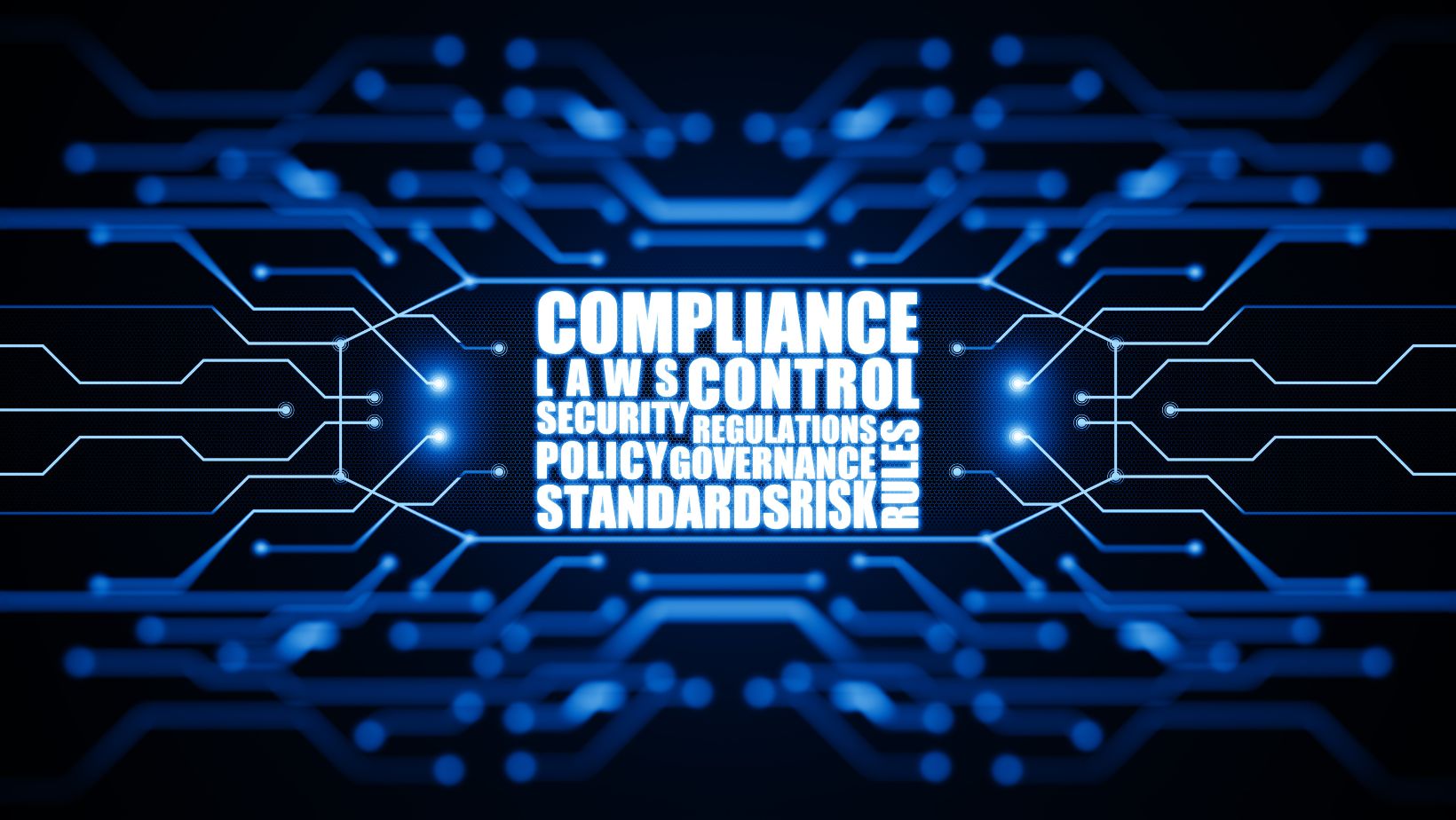The business landscape is constantly evolving, and with it, regulatory changes. To stay competitive, businesses must stay vigilant, as these changes can impact operations, compliance, and profitability.
Failing to comply can lead to severe consequences, including fines, legal challenges, and reputational damage. Staying ahead of regulatory shifts is essential for success.
Here are seven strategies to help businesses future-proof against evolving regulatory demands.
Stay Informed About Regulatory Developments
First things first, make it a priority to stay informed about any possible regulation changes that could impact your business. Regulatory updates can occur frequently, with new guidelines, amendments, and enforcement actions being introduced regularly.
There are a few ways for you to stay ahead of the curve.
Industry newsletters and publications, as well as subscriptions that regularly update business leaders about regulatory changes, are very helpful. You’ll receive real-time updates on new laws, compliance requirements, and emerging trends.
You can also take advantage of regulatory agencies. Search for the relevant regulatory bodies in your industry and regularly visit their website for compliance and regulation change updates.
Agencies often publish notices, guidance documents, and other resources to help your business stay compliant. One great example is the U.S. Securities and Exchange Commission (SEC), which regularly publishes updates and guides to help businesses comply with evolving regulations.
Lastly, utilize automated alerts for specific keywords related to your industry. Anytime one of your keywords is mentioned, you’ll receive an alert. Many organizations also offer subscription services that provide detailed reports on upcoming legislation and regulatory shifts.
Leverage Technology and Automation
Technology plays an increasingly vital role in managing regulatory compliance. With regulations’ growing complexity, manual compliance processes often fall behind.
Fortunately, business technology can streamline compliance efforts and reduce the risk of errors.

One of the most effective tools in this regard is KYC software. KYC (Know Your Customer) software automates verifying customer identities, ensuring that businesses adhere to regulatory requirements.
Compliance management systems, high-quality accounting software, and automation tools are just a few of the technologies you can use to improve compliance processes. It’ll also provide insights into your compliance strategies, which will help you improve future processes.
Conduct Regular Risk Assessments
Risk assessments help businesses identify potential regulatory issues before they become problematic. This allows you to prioritize your business compliance efforts and streamline resource allocation.
As for conducting a risk assessment:
- Identify Potential Risks: First, identify all possible regulatory risks that could affect your business. Keep an eye on legal changes, industry-specific regulations, and broader market trends.
- Evaluate the Impact: Assess the potential impact of each risk, considering factors like financial implications, legal consequences, and operational disruptions.
- Prioritize Risks: Rank the assessed risks based on their potential impact and likelihood of occurrence. The most critical and damaging compliance issues should be first on your to-do list.
- Develop Mitigation Strategies: Lastly, work with your compliance team, HR, or lawyers to establish strategies to mitigate each identified risk.
Invest in Employee Training and Development
Your employees are your business’s first line of defense, so you must train employees and build valuable skills–including how to maintain business compliance.
So, keep your employees informed and your defenses strong with training programs.
Popular options include workshops, e-learning programs, and ongoing education opportunities.
Workshops or seminars are meetups that provide in-depth knowledge of regulatory topics. There are both online and in-person options available. E-learning programs, online courses that employees can complete at their own pace, help educate employees on the latest regulations and compliance strategies.
Lastly, offer ongoing educational opportunities to interested parties. Regular updates and refresher help keep employees informed about new regulations and changes to existing ones.
Develop Flexible and Scalable Processes
In an environment where regulatory changes can happen quickly, businesses must develop processes that are both flexible and scalable. This allows you to adapt to new regulations without significant disruption, while scalability ensures that processes can be expanded or contracted as needed.

Great examples of flexible and scalable processes include modular compliance frameworks and automated workflows. Both allow for easy regulatory adjustment in response to compliance changes. Automated workflows also reduce the need for manual adjustment, saving both time and resources.
Establish Strong Relationships with Regulatory Bodies
Maintaining open communication with regulatory bodies can provide businesses with valuable insights and guidance.
To do this, encourage participation in public consultation meetings, join industry groups for access to regulatory experts, and regularly communicate with regulatory bodies to stay updated and receive feedback on your compliance efforts.
By establishing strong relationships with regulatory bodies, you gain a competitive edge and reduce the risk of non-compliance.
Implement a Robust Compliance Management System
A compliance management system (CMS) takes care of all aspects of regulatory compliance, from identifying relevant laws and regulations to implementing controls and monitoring adherence.
Not only will it help your business avoid legal penalties, but it also improves operational efficiency and builds trust with customers and stakeholders.
A well-structured CMS includes:
- Policy and Procedure Development: Clearly defined policies and procedures that align with current regulatory requirements.
- Compliance Audits and Monitoring: Regular audits to ensure that all aspects of the business adhere to the established policies.
- Compliance Reporting: Systems for tracking and reporting compliance metrics to management and regulatory bodies.



